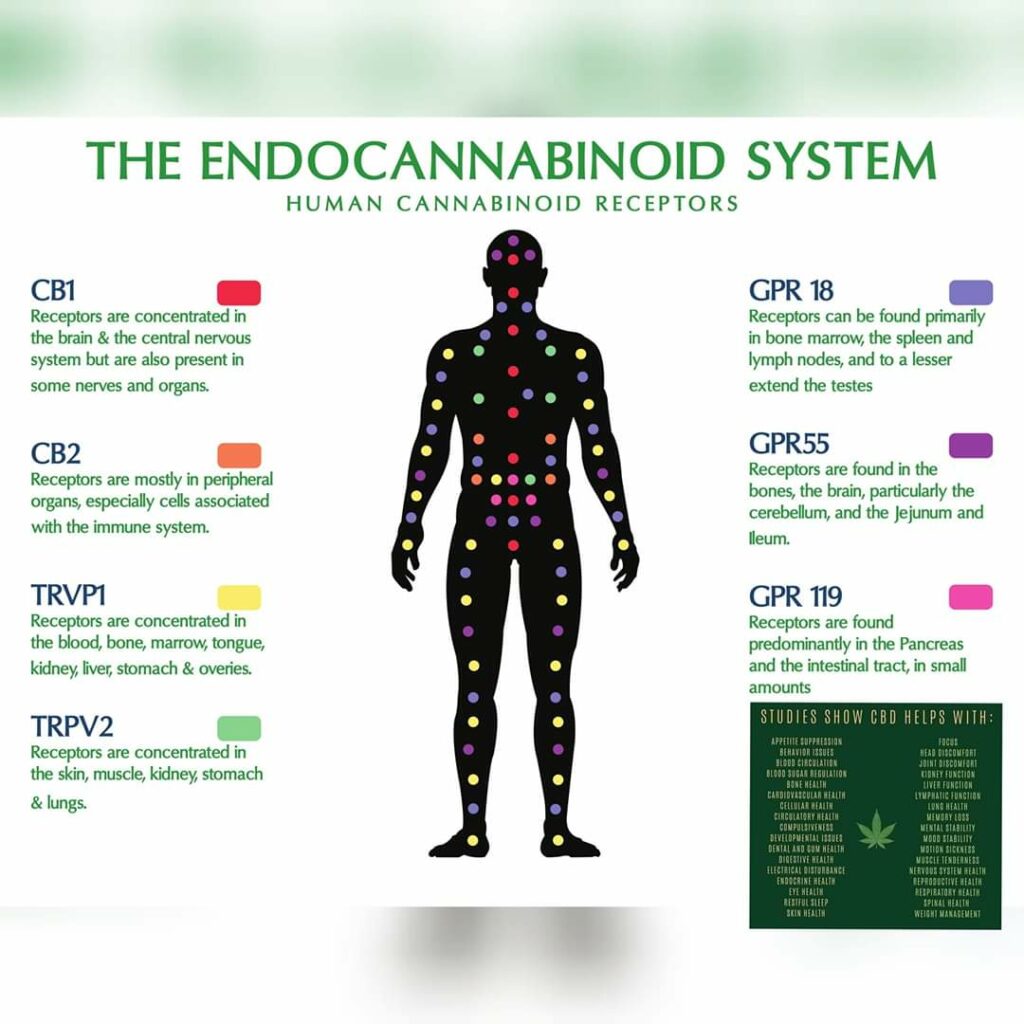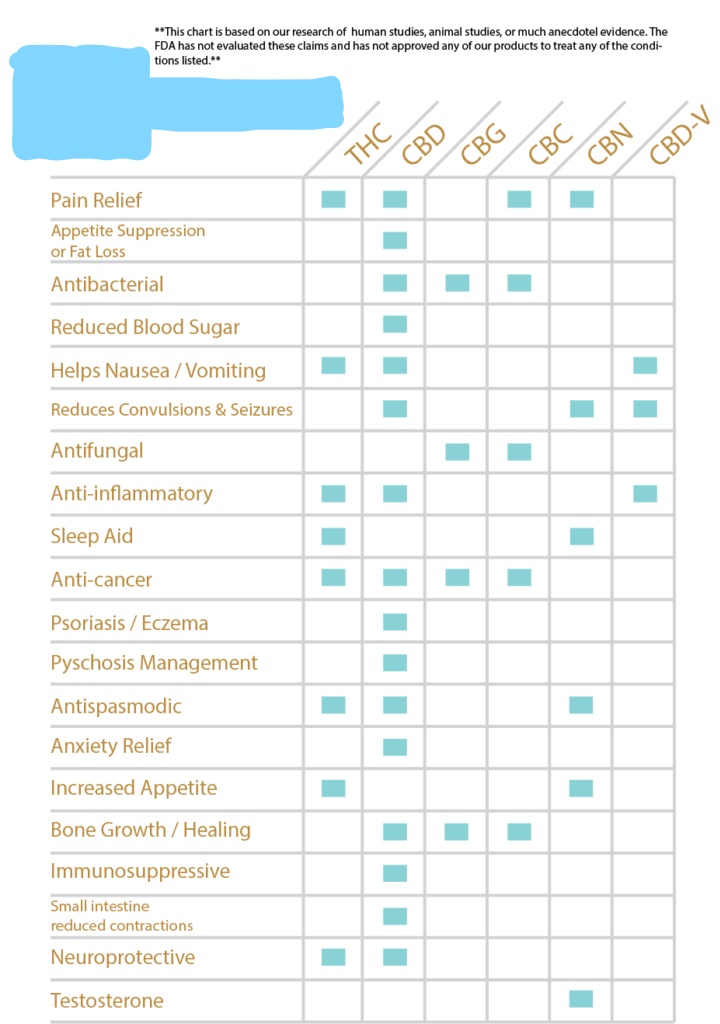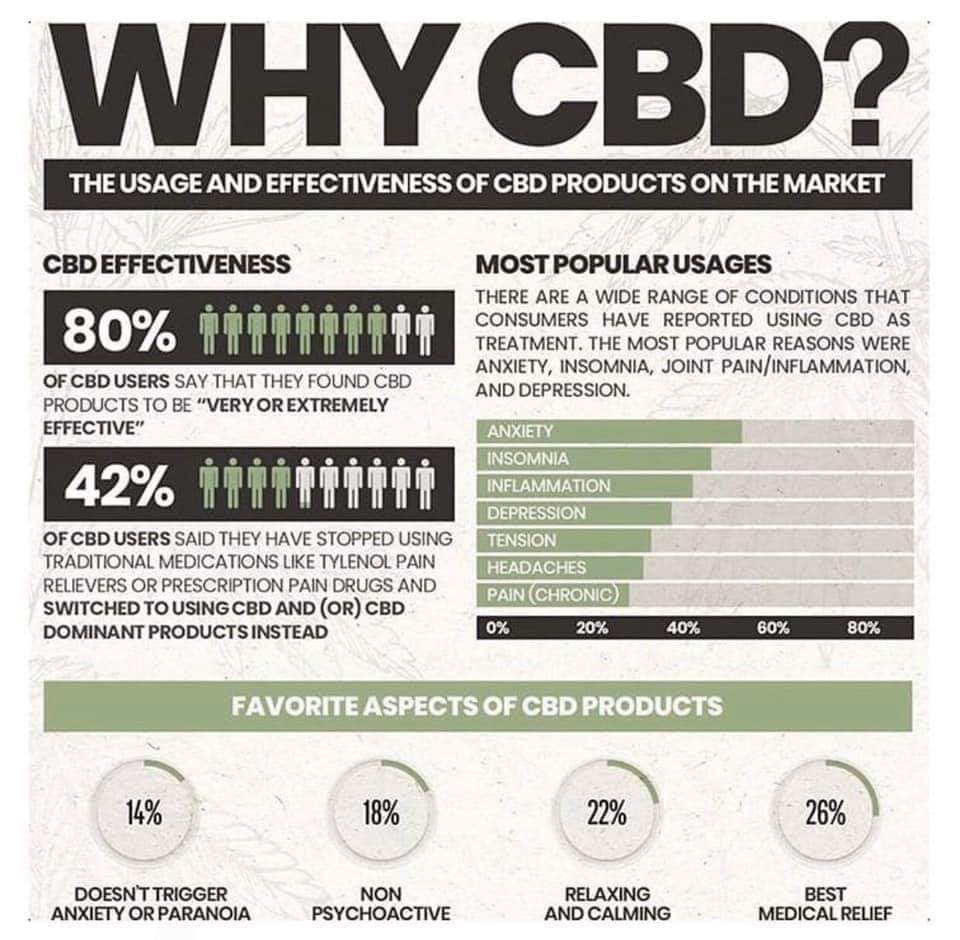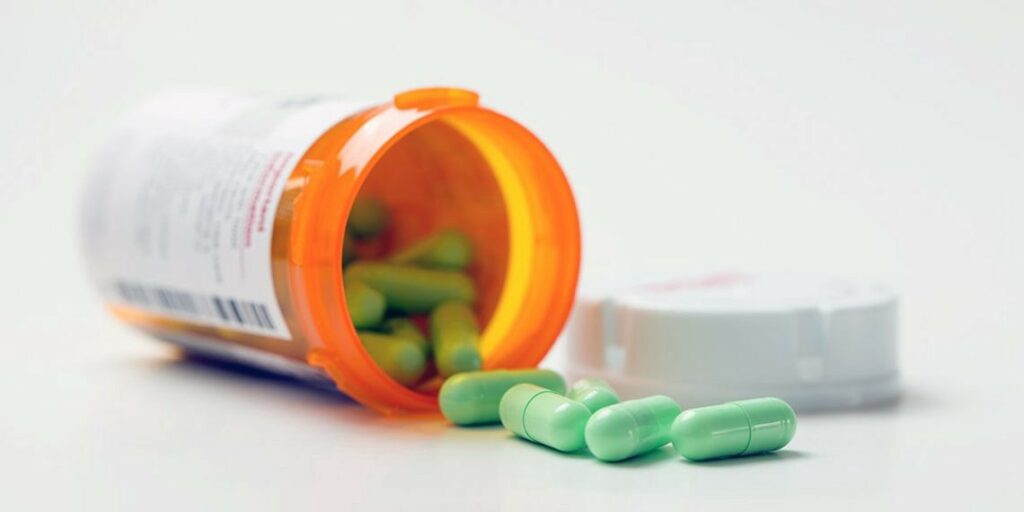Humans & animals both have an Endocannabinoid system.

The ECS (endocannabinoid system) is perhaps the most important physiologic system involved in establishing and maintaining human health. Endocannabinoids and their receptors are found throughout the body: in the brain, organs, connective tissues, glands, and immune cells. In each tissue, the cannabinoid system performs different tasks, but the goal is always the same: homeostasis, the maintenance of a stable internal environment despite fluctuations in the external environment. Cannabinoids promote homeostasis at every level of biological life, from the sub-cellular, to the organism, and perhaps to the community and beyond.
Endocannabinoids are found at the intersection of the body’s various systems, allowing communication and coordination between different cell types.
Cannabinoid receptor sites are located throughout the body, from the brain to the connective tissue. Cannabinoids bind to or stimulate these sites in order to regulate the function of the muscular system, immune system, nervous system and more. Scientists have discovered that cannbinoids stimulate two main receptors in the body; called CB1 and CB2.
CB1 Receptors
Cannabinoid receptor type 1 is found primarily in the central nervous system, although some of these receptors are also present in the peripheral tissues, including the endocrine glands, spleen, heart and other locations. They respond to endogenous cannabinoids, such as anandamide, as well as external cannabinoids, such as THC and CBD.
CB2 Receptors
Cannabinoid receptor type 2 is found only in peripheral tissues and is not typically found in the central nervous system. CB2 receptors respond to endogenous cannabinoids, as well as CBD, THC and other phytocannabinoids.
Together, CB1 and CB2 are responsible for regulating neuro-hormones in the body. These receptors have an active role in many different physiological processes, including memory, mood, and appetite regulation. When cannabinoids are introduced to the receptors, the receptors activate and produce physiological changes and symptom relief.
The Chart Below Shows an Example of a Treatment List. Understanding the Cannabis plant and all it’s properties can give you a better understanding of the type that may work best for your ailments.

CBD and Medications
Although most claim CBD to be a new cure all we have yet to have experienced it’s reaction in all medical conditions and will need more research to validate such claims. This info. is strictly opinion based as we are not medical professionals in any way, shape or form.
Is it Safe to Take CBD with Other Medications? CBD Drug Interactions Explained.
One of the biggest concerns we’ve come across are CBD drug interactions and if CBD is safe to take with other medications.
Considering the ambiguity of what’s really in some of these prescribed medications and how they work with the body compared to how Cannabidiol (CBD) works with the body.
CBD and Blood Thinners
CBD can react poorly with blood thinners. In a recent study they advise there should be 2 hours separating the use of CBD oil and any other medications.
CBD likely blocks the metabolism of these drugs in the liver—because of cytochrome P450—and causes the medication to exist in a higher level in the body and prolong its effects,3 which can be toxic or cause other problems, such as excess bleeding or hemorrhage.
A 2007 study published in Phytomedicine found that CBD, along with other similar substances including THC (the main active ingredient in psychoactive cannabis), have potential as an anticoagulant, so people with who have diseases like hemophilia that cause problems with blood clotting should use extra caution with these substances. https://www.ncbi.nlm.nih.gov/pubmed/16644197
Interaction Between CBD and Sedatives
By interacting with neurotransmitter receptors in the central nervous system, cannabinoids like CBD and THC can induce sedative effects on the user. While the sedative effects of THC are associated with drowsiness and lethargy, CBD induces sedative effects that are calming and wake-inducing.
When combined with sedatives, cannabinoids produce an additive effect, meaning they can increase the effects of the medication. While the interaction between CBD and sedatives does not seem to have a directly negative effect on the user, the potential impact CBD can have on sedatives is not fully known.
To play it safe, users should avoid combining CBD with sedatives.

Disclaimer: The products and supplements mentioned on this site are not intended to diagnose, treat, cure, alleviate or prevent any diseases. All articles on this website are the opinions of their respective authors who do not claim or profess to be medical professionals providing medical advice. This website is strictly for the purpose of providing opinions of the author. You should consult with your doctor or another qualified health care professional before you start taking any dietary supplements or engage in mental health programs.
